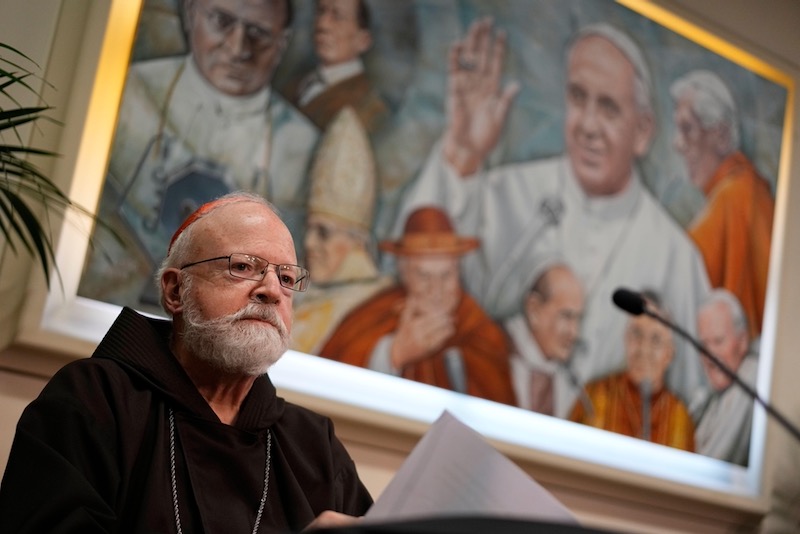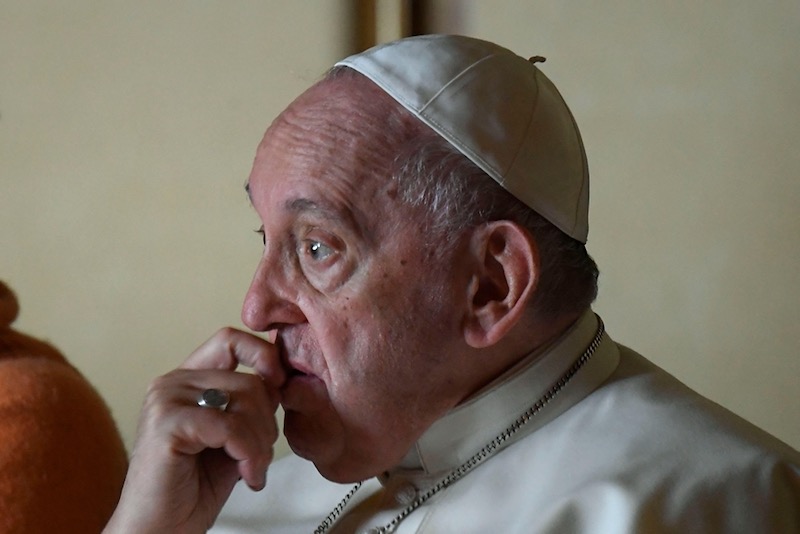A leading theologian has warned that continuing resistance among the laity to teachings on issues such as birth control has implications for the credibility of the Church.
Irish theologian Dr Gerry O’Hanlon SJ, speaking to the Edinburgh Newman Association about the synodal pathway, said the faithful are well aware that in many parts of the Church the current teaching on sex in relation to contraception and same-sex relationships as well as the ordination of women have not been received.
Their non-reception has implications for the credibility of the Church and the efficacy of its missionary outreach to our world, the theologian with the Jesuit Centre for Faith and Justice said.
He warned that those who insist on repeating current teaching without taking on board the resistance expressed in the “sense of faith of the faithful” risk becoming ideologues.
Acknowledging that the issue of doctrinal change or development is contested, he said, “There is clear evidence that doctrinal development takes place” in the Church.
Historically, issues such as the admission of Gentiles, slavery, the headship of man in marriage, and in contemporary times, Pope Francis’ teaching on access to communion for the divorced and remarried, and the creation of ministries of acolyte, lector and catechist, showed “there is clear evidence” that doctrinal development through discussion takes place in the church “often processed through councils and synods”.
He said that a synod is not simply a sociological survey of Catholic opinion at any particular time but is a privileged instance of the “sense of faith of the faithful”.
Elsewhere in his address in Edinburgh, Dr O’Hanlon questioned critics of the synodal process who cite the low numbers involved to question its validity and whether it can really be representative of Catholicism.
The fear of change is voiced most often by traditionalist voices “which initially were rather dismissive of the whole exercise and failed to participate but who now, as they perceive momentum gathering behind the project, are scrambling to come on board”, he said.
He said, “Do the critics really imagine, when all the surveys show to the contrary, that a larger group would have different views on, for example, the role of women or the controversial teaching on sexuality?”



 Loading ...
Loading ...